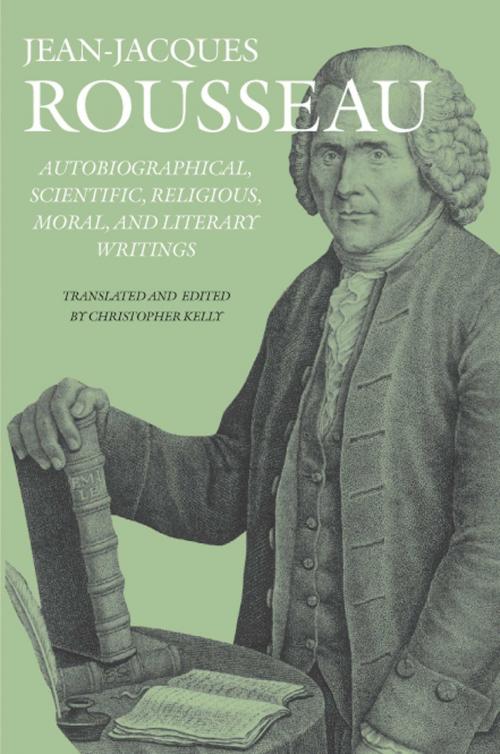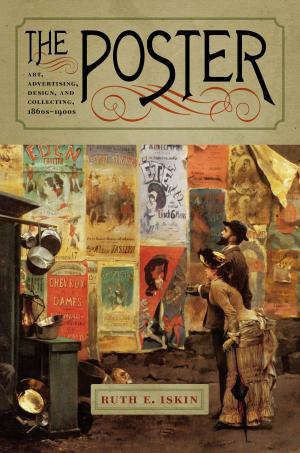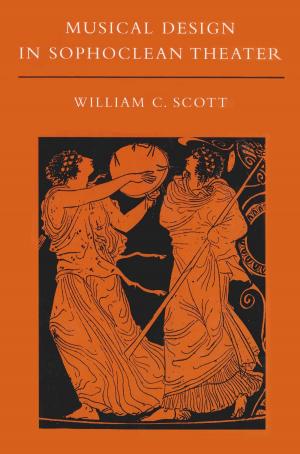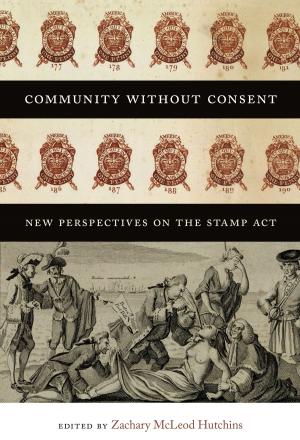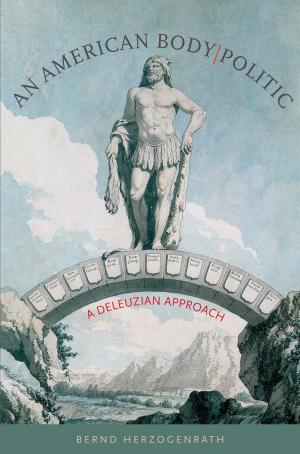Autobiographical, Scientific, Religious, Moral, and Literary Writings
Nonfiction, Religion & Spirituality, Philosophy, Social & Cultural Studies, Political Science| Author: | Jean Rousseau | ISBN: | 9781611682823 |
| Publisher: | Dartmouth College Press | Publication: | May 14, 2013 |
| Imprint: | Dartmouth College Press | Language: | English |
| Author: | Jean Rousseau |
| ISBN: | 9781611682823 |
| Publisher: | Dartmouth College Press |
| Publication: | May 14, 2013 |
| Imprint: | Dartmouth College Press |
| Language: | English |
Newcomers to Rousseau’s works and those who are familiar with his writings will find something to surprise them both in this wide variety of short pieces from every period of his life. Among the important theoretical writings found here are the “Fiction or Allegorical Fragment on Revelation” and the “Moral Letters,” which are among Rousseau’s clearest statements about the nature and limits of philosophic reasoning. In the early “Idea of a Method for the Composition of a Book,” Rousseau lays out in advance his understanding of how to present his ideas to the public. He ponders the possibilities for and consequences of air travel in “The New Daedalus.” This volume also contains both his first and last autobiographical statements. Some of these writings show Rousseau’s lesser-known playful side. A comic fairy tale, “Queen Whimsical”, explores the consequences—both serious and ridiculous—for a kingdom when the male heir to the throne, endowed with the frivolous characteristics of his mother, has a sister with all the characteristics of a good monarch. When Rousseau was asked whether a fifty-year old man could write love letters to a young woman without appearing ridiculous, he responded with “Letters to Sophie,” which attempt to demonstrate that such a man could write as many as four—but not as many as six—letters before he became a laughingstock. In “The Banterer,” he challenges readers to guess whether the work they are reading was written by an author who is “wisely mad” or by one who is “madly wise.” When Rousseau was challenged to write a merry tale, “without intrigue, without love, without marriage, and without lewdness,” he produced a work considered too daring to be published in France.
Newcomers to Rousseau’s works and those who are familiar with his writings will find something to surprise them both in this wide variety of short pieces from every period of his life. Among the important theoretical writings found here are the “Fiction or Allegorical Fragment on Revelation” and the “Moral Letters,” which are among Rousseau’s clearest statements about the nature and limits of philosophic reasoning. In the early “Idea of a Method for the Composition of a Book,” Rousseau lays out in advance his understanding of how to present his ideas to the public. He ponders the possibilities for and consequences of air travel in “The New Daedalus.” This volume also contains both his first and last autobiographical statements. Some of these writings show Rousseau’s lesser-known playful side. A comic fairy tale, “Queen Whimsical”, explores the consequences—both serious and ridiculous—for a kingdom when the male heir to the throne, endowed with the frivolous characteristics of his mother, has a sister with all the characteristics of a good monarch. When Rousseau was asked whether a fifty-year old man could write love letters to a young woman without appearing ridiculous, he responded with “Letters to Sophie,” which attempt to demonstrate that such a man could write as many as four—but not as many as six—letters before he became a laughingstock. In “The Banterer,” he challenges readers to guess whether the work they are reading was written by an author who is “wisely mad” or by one who is “madly wise.” When Rousseau was challenged to write a merry tale, “without intrigue, without love, without marriage, and without lewdness,” he produced a work considered too daring to be published in France.
